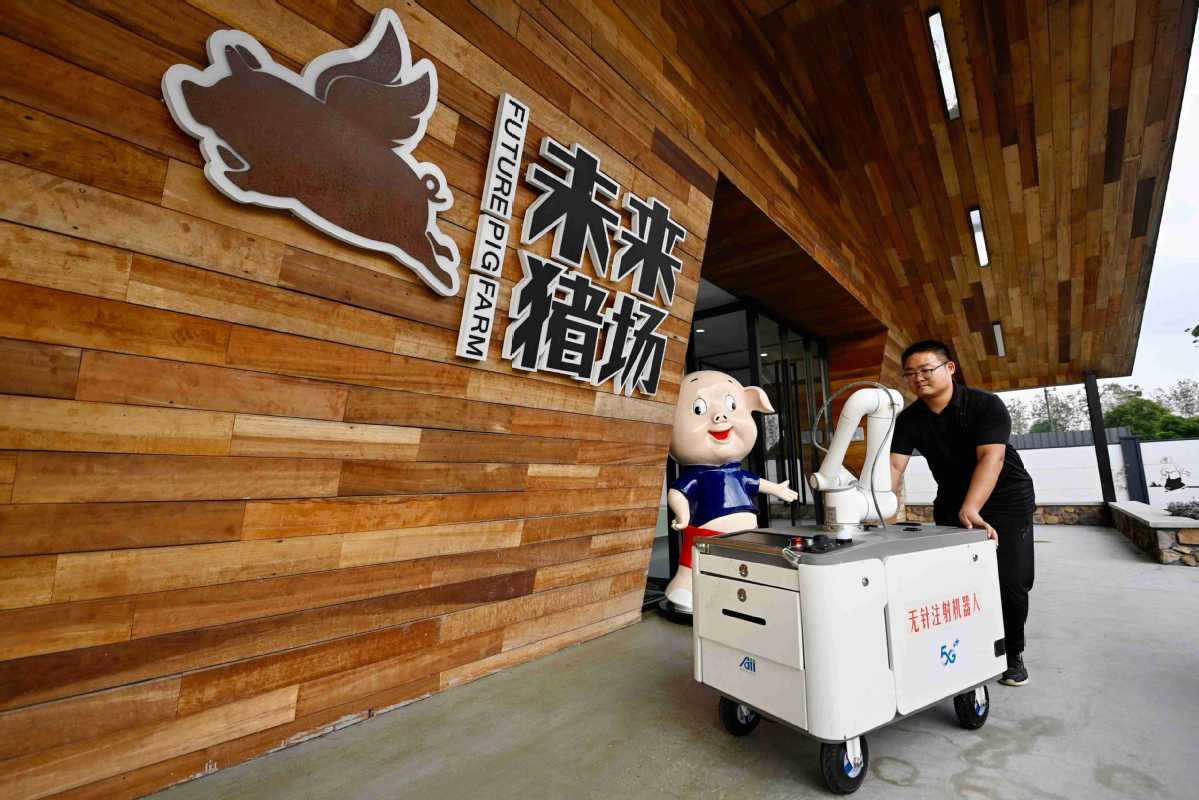China’s agricultural industry is undergoing a transformation through the integration of cutting-edge technologies such as big data, cloud computing, and the internet with traditional agriculture. One example is the Haishu Future Farm, an agricultural farm located in the Haishu district of Ningbo in East China’s Zhejiang province. The farm has expanded its footprint by integrating modern technology with traditional agriculture to improve efficiency and production.
The “planting brain” system at Haishu Future Farm integrates water and fertilizer, precision planting, nutrient management, pest control, agricultural regulation, and monitoring and precision harvesting. It has significantly enhanced agricultural production efficiency and serves as a demonstration project to accelerate the process of transforming traditional agriculture into modern agriculture.
Haishu Future Farm combines production, education, and research, and also emphasizes the integration of agriculture and tourism to bring vitality to the rural economy. The project, which was completed in 2022, covers an area of 7.27 square kilometers and is expected to form a complete high-quality, efficient, and precise rice planting technology system. It is estimated that the project will reduce labor costs by 10%, save 10% of water and cut 8% of fertilizer use.
China’s commitment to digital rural construction has been emphasized by the Central Cyberspace Administration of China and the Ministry of Agriculture and Rural Affairs. Zhejiang province, where the Haishu Future Farm is located, has been selected to lead the nation in digital rural construction. The province plans to build 1,000 digital agricultural factories, 100 future farms, and 1,000 rural demonstration villages by 2027. This initiative is expected to generate 180 billion yuan ($26.1 billion) in agricultural product retail sales online.
Zhejiang will also accelerate the construction of 5G base stations in rural areas and promote the digital transformation of farmland, water conservancy, road building, and cold chain logistics. This will further enhance China’s agricultural productivity, ensure food security, and create new opportunities for economic growth in rural areas.
Read More:
